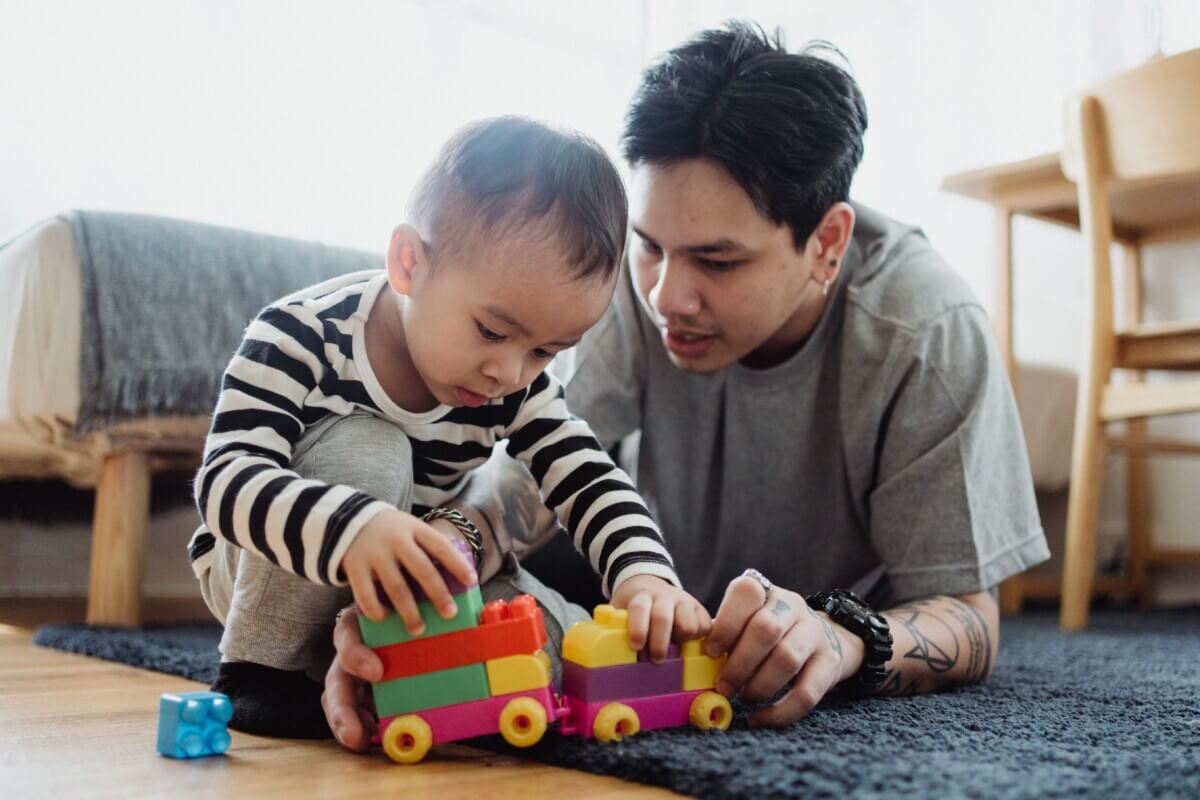
(Photo by Ketut Subiyanto from Pexels)
KYOTO, Japan — The crucial early years of a child's life lay the foundation for their lifelong growth and happiness. Spending quality time with parents during these formative stages can lead to substantial positive changes in children. With that in mind, researchers have found an important link between a father's involvement and their child's successful development, both mentally and physically. Simply put, being a “super dad” results in raising super kids.
However, in Japan, where this study took place, a historical gender-based division of labor has limited fathers' participation in childcare-related activities, impacting the development of children. Traditionally, Japanese fathers, especially those in their 20s to 40s, have been expected to prioritize work commitments over family responsibilities.
This cultural norm has resulted in limited paternal engagement in childcare, regardless of individual inclinations. The increasing number of mothers entering full-time employment further exacerbates the issue, leaving a void in familial support for childcare. With the central government advocating for paternal involvement in response to low fertility rates, Japanese fathers are now urged to become co-caregivers, shifting away from their traditional role as primary breadwinners.
While recent trends have found a rise in paternal childcare involvement, the true impact of this active participation on a child's developmental outcomes has remained largely unexplored. This groundbreaking study published in Pediatric Research, utilizing data from the largest birth cohort in Japan, set out to uncover the link between paternal engagement and infant developmental milestones. Led by Dr. Tsuguhiko Kato from the National Center for Child Health and Development and Doshisha University Center for Baby Science, the study delved into this critical aspect of modern parenting.
“In developed countries, the time fathers spend on childcare has increased steadily in recent decades. However, studies on the relationship between paternal care and child outcomes remain scarce. In this study, we examined the association between paternal involvement in childcare and children’s developmental outcomes,” explains Dr. Kato in a media release.

Leveraging data from the Japan Environment and Children’s Study, the research team assessed developmental milestones in 28,050 Japanese children. These children received paternal childcare at six months of age and were evaluated for various developmental markers at three years. Additionally, the study explored whether maternal parenting stress mediates these outcomes at 18 months.
“The prevalence of employed mothers has been on the rise in Japan. As a result, Japan is witnessing a paradigm shift in its parenting culture. Fathers are increasingly getting involved in childcare-related parental activities,” Dr. Kato says.
The study measured paternal childcare involvement through seven key questions, gauging tasks like feeding, diaper changes, bathing, playtime, outdoor activities, and dressing. Each father's level of engagement was scored accordingly. The research findings were then correlated with the extent of developmental delay in infants, as evaluated using the Ages and Stages questionnaire.
The study's results bring promising insights. High paternal involvement in childcare corresponds to a reduced risk of developmental delay across various domains, such as gross motor skills, fine motor skills, problem-solving, and personal-social skills. Furthermore, the active participation of fathers in infant care appears to alleviate maternal parenting stress, thus indirectly contributing to the child's overall development.
In a changing landscape where parenting roles are evolving, this research sheds light on the benefits of increased paternal engagement in childcare activities. It not only enhances a child's developmental journey but also eases the burden on mothers. This newfound understanding encourages a more holistic approach to parenting, paving the way for healthier and more fulfilling lives for children and their families alike.










